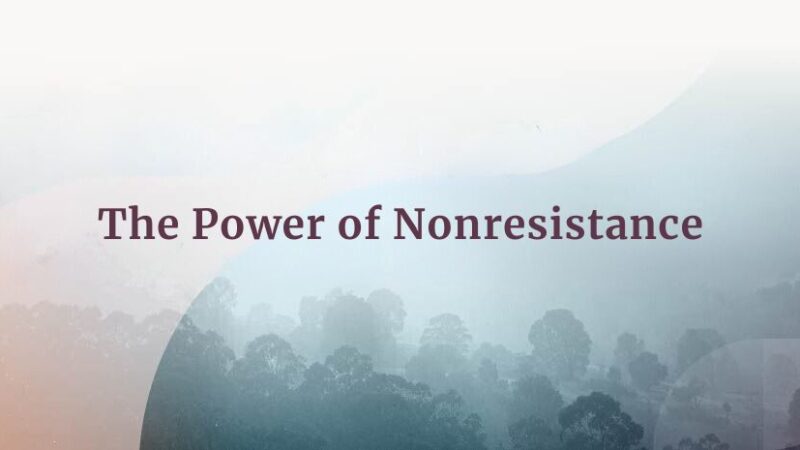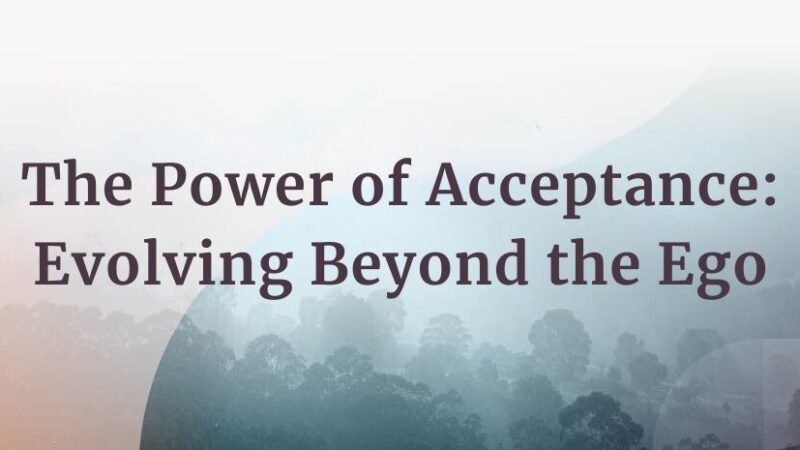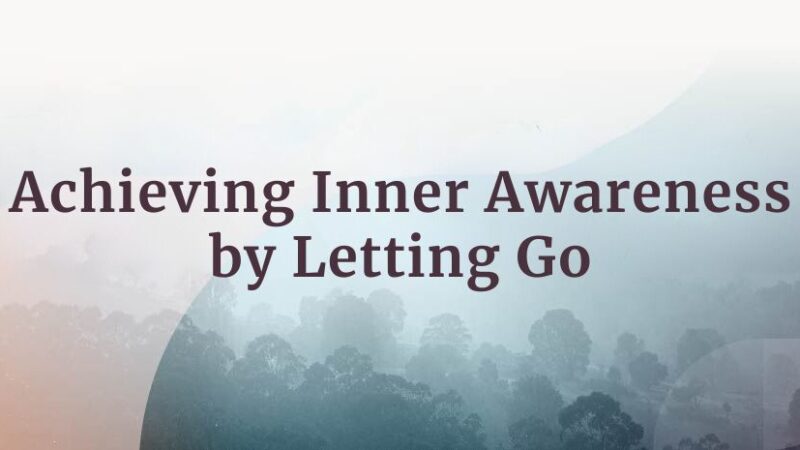Exploring the Science of Self-Compassion

The Art of Empathy by Karla McLaren
What if there were a single skill that could directly and radically improve your relationships and your emotional life? Empathy, teaches Karla McLaren, is that skill. With The Art of Empathy, she teaches us how to perceive and feel the experiences of others with clarity and authenticity—to connect with them more deeply and effectively.
Informed by current insights from neuroscience, social psychology, and healing traditions, this book explores some of the following:
- Why empathy is not a mystical phenomenon but a natural, innate ability that we can strengthen and develop
- How to identify and regulate our emotions and boundaries

The Science of Compassion by Kelly McGonigal
Stories, dynamic meditations, and innovative writing exercises to spark creativity and spiritual awakening.
The best writers say their work comes from a source beyond the thinking mind. But how do we access that source? “We must first look inside ourselves and be willing to touch that raw emotional core at the heart of a deeper creativity,” Writes Albert Flynn DeSilver. In Writing as a Path to Awakening, this renowned poet, writer, and teacher shows you how to use meditation to cultivate true depth in your writing—so your words reveal layers of profound emotional insight and revelation that inspire and move your readers.

The Language of Emotions by Karla McLaren
Emotions—especially the dark and dishonored ones—hold a tremendous amount of energy. We’ve all seen what happens when we repress or blindly express them. With The Language of Emotions, empathic counselor Karla McLaren shows you how to meet your emotions and receive their life-saving wisdom to safely move toward resolution and equilibrium. Through experiential exercises covering a full spectrum of feelings from anger, fear, and shame to jealousy, grief, joy, and more, you will discover how to work with your own and others’ emotions with fluency and expertise.
Here is a much-needed resource filled with revolutionary teachings and breakthrough skills for cultivating a new and empowering relationship with your feeling states through The Language of Emotions.

Awakening Compassion by Pema Chödrön
On Awakening Compassion, Pema Chödrön, one of the Western world’s best-known lojong teachers and practitioners, shows you how to use your own painful emotions as stepping stones to wisdom, compassion, and fearlessness. You will learn how to make friends with the painful parts of your life experience and how to use your natural courage and honesty to transform even the most difficult situations.
With an informal teaching style, both playful and insightful, Pema Chödrön makes this timeless way of bringing compassion into the world easy to understand and apply to your own life. More than seven hours of practical, compassionate guidance for shedding your cocoon and meeting your world with fresh appreciation. Includes a nine-page study guide with lojong slogans and additional resources.

The Force of Kindness by Sharon Salzberg
Distill the great spiritual teachings from around the world down to their most basic principles, and one thread emerges to unite them all: kindness. In The Force of Kindness, Sharon Salzberg, one of the nation’s most respected Buddhist authors and meditation teachers, offers practical instruction on how we can cultivate this essential trait within ourselves.
Through her stories, teachings, and guided meditations, Sharon Salzberg takes readers on an exploration of what kindness truly means and the simple steps to realize its effects immediately. She reveals that kindness is not the sweet, naive sentiment that many of us assume it is, but rather an immensely powerful force that can transform individual lives and ripple out, changing and improving relationships, the environment, our communities, and ultimately the world. Readers will learn specific techniques for cultivating forgiveness; turning compassion into action; practicing speech that is truthful, helpful, and loving; and much more.




 Deborah Hopkinson has a master’s degree in Asian Studies from the University of Hawai’i at Mānoa, where she studied the role of women in thirteenth-century Japanese Buddhism. She is the author of
Deborah Hopkinson has a master’s degree in Asian Studies from the University of Hawai’i at Mānoa, where she studied the role of women in thirteenth-century Japanese Buddhism. She is the author of 






